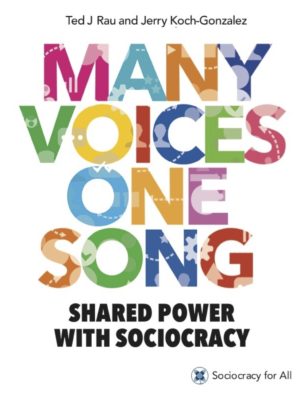Sociocracy is a governance method based on collaboration, self-organization, and distributed authority. It is designed for transparency, inclusiveness, and accountability. Democracy values freedom and equality but doesn’t have a governance structure guaranteed to ensure them. A Sociocratic Democracy uses the methods of sociocracy to achieve the values of democracy creating a practical and effective way to organize. This site is about sociocracy and the ways in which it can help democracy achieve its highest goal: freedom and equality for all, finally.
 This is a wonderful little book by the CEO of Semco, a corporation in Brazil. His father started the company and in the 1980s passed it along to his rather young son. Semler built a new kind of corporation using “open management” and advocating a “natural” and “democratic” workplace for “industrial citizens.”
Lunch Hour Ideas
In 1984, Semco acquired a Brazilian subsidiary of Hobart and Semler and describes how he began changing the structure of… Read More . . . “Maverick by Ricardo Semler”
This is a wonderful little book by the CEO of Semco, a corporation in Brazil. His father started the company and in the 1980s passed it along to his rather young son. Semler built a new kind of corporation using “open management” and advocating a “natural” and “democratic” workplace for “industrial citizens.”
Lunch Hour Ideas
In 1984, Semco acquired a Brazilian subsidiary of Hobart and Semler and describes how he began changing the structure of… Read More . . . “Maverick by Ricardo Semler”
